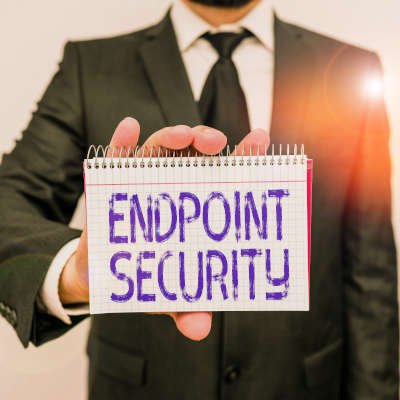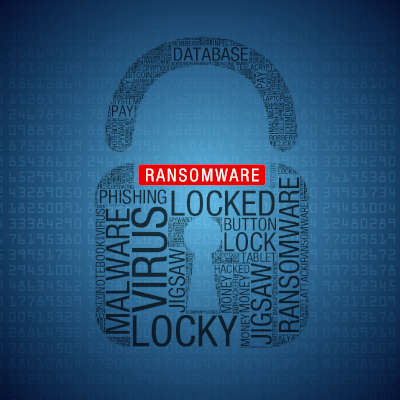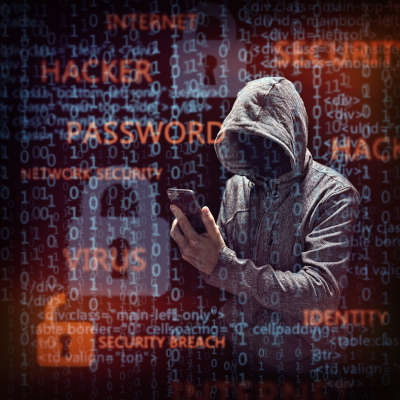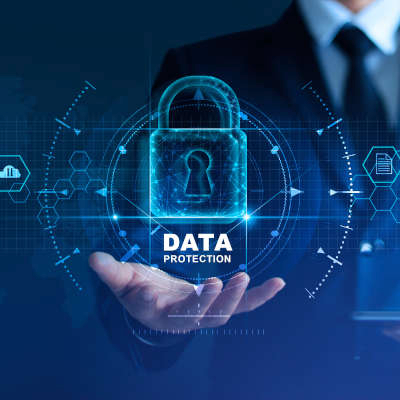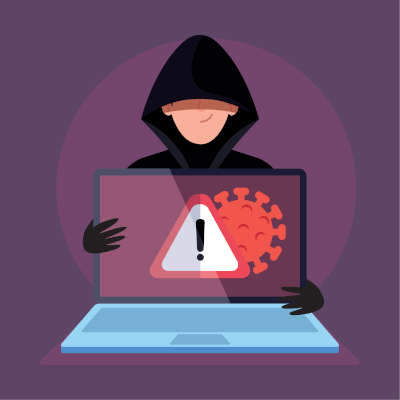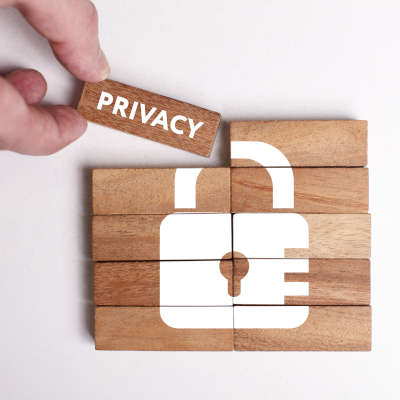It was pretty evident from the start of the COVID-19 pandemic that many businesses were not prepared to pivot their operations offsite. Many of these company’s leaders spent the past several years convinced that allowing people to work remotely would sap productivity in unsustainable ways. Cybercriminals have taken advantage of many organizations since then. Today, we will talk about what needs to be done to secure your endpoints when supporting a remote workforce.
With so many people working from home right now, businesses have managed to keep their operations going somewhat successfully by using the remote solutions that are available today. While it is fortunate that today’s technology enables businesses to do so, the importance of cybersecurity cannot be understated as remote work is implemented.
We haven’t exactly been shy about sharing our recommendation that a ransomware demand should never be met with payment, but there is now an even more impactful reason not to. This deterrent comes courtesy of the United States Treasury Department, which has released a statement informing businesses of potential fines as retribution for doing so.
With just shy of a month before the 2020 United States Election, there has been quite a bit of concern over the idea that external interests may try to sway the results—and it seems for good reason. Only recently, Microsoft interrupted a massive coordinated hacking plot that could have altered the very infrastructure needed to support a fair election. Let’s examine this plot, and what Microsoft did, in some more detail.
If asked to list its most valuable assets, every modern business currently in existence should include its data on that list. This is part of the reason that data security should be treated as a priority. We know—this isn’t exactly a small ask, so to help, we’ve put together a few tips to get you started off on the right foot. If you’re already working on your data security preparedness, consider this a refresher.
In true form, cyberattacks have trended upward during the COVID-19 pandemic. With so many people working from home, it’s not much of a surprise that some of the most popular hacking tactics are being used, using the worldwide pandemic as bait. Today, we identify some of these threats.
The Cybersecurity and Infrastructure Security Agency (CISA) has released an emergency directive concerning a critical exploit known as Zerologon, that affects servers running Windows Server operating systems that needs to get patched as soon as possible.
I want you to step out of your role as a business owner for a moment and see yourself once again as the average consumer. How concerned are you that so many businesses have collected and are now storing your personal data, and that you have no control over its privacy? If you feel at all uneasy, you’re not alone… 87 percent of Americans feel that data privacy is a human right in these modern times.

